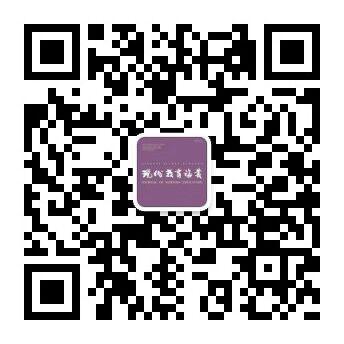2023 No. 1
Display Method:
2023, (1): 5-19.
Abstract:
2023, (1): 20-29.
Abstract:
2023, (1): 30-40.
Abstract:
2023, (1): 41-53.
Abstract:
2023, (1): 54-66.
Abstract:
2023, (1): 67-82.
Abstract:
2023, (1): 83-94.
Abstract:
2023, (1): 95-105.
Abstract:
2023, (1): 106-112.
Abstract:







